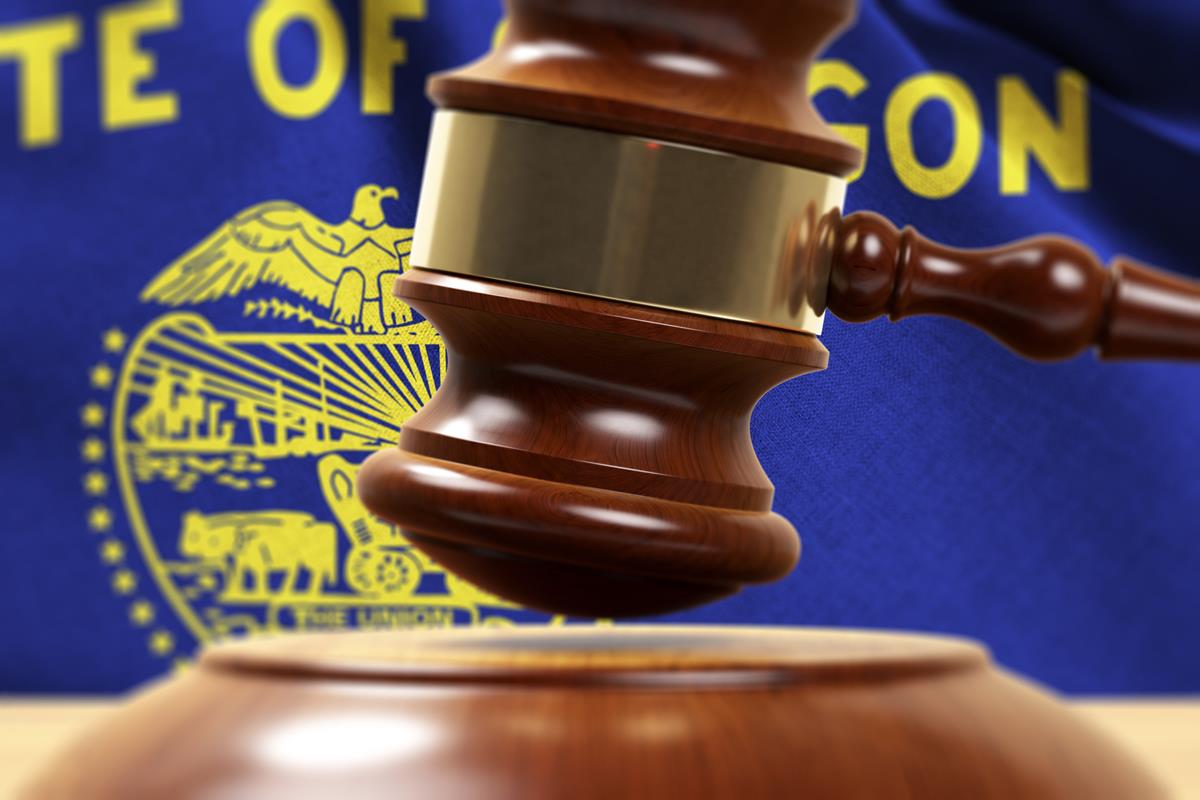
Professional engineers hold a unique position in society, responsible for safeguarding the public’s health, safety, and welfare. With this responsibility comes the obligation to follow ethical guidelines and legal standards. Each U.S. state has its own set of rules and regulations that guide engineering practice. In this blog post, we explore the ethics rules and laws for engineers in Minnesota, Mississippi, and New Jersey, providing a comprehensive overview for licensed professionals and those seeking licensure in these states.
Minnesota Ethics Rules and Laws for Engineers
Engineers practicing in Minnesota are governed by the Minnesota Board of Architecture, Engineering, Land Surveying, Landscape Architecture, Geoscience and Interior Design (commonly referred to as the AELSLAGID Board).
The Minnesota ethics rules and laws for engineers are rooted in Minnesota Statutes Chapter 326 and Minnesota Rules Chapter 1805. These laws outline professional conduct standards, licensure requirements, and disciplinary procedures. Key ethical obligations include:
- Protection of the public: Engineers must always prioritize public health and safety in their work.
- Competency: Engineers may only practice in areas where they are qualified by education or experience.
- Truthfulness: Providing truthful and objective public statements is mandatory, especially regarding technical matters.
- Confidentiality: Engineers must maintain confidentiality unless required to disclose information by law.
Continuing education is also required for license renewal, with a minimum of 24 Professional Development Hours (PDHs) every two years, which includes at least 2 hours in professional ethics.
Mississippi Ethics Rules Laws for Engineers
In Mississippi, the engineering profession is regulated by the Mississippi Board of Licensure for Professional Engineers and Surveyors. The Mississippi ethics rules laws for engineers can be found in the Mississippi Code Title 73, Chapter 13, and the board’s administrative rules.
Mississippi emphasizes the following core ethical principles:
- Responsibility to the public: Like Minnesota, Mississippi engineers must place public welfare above all other considerations.
- Integrity: Engineers must act honestly, avoid deception, and not knowingly sign off on work that is false or misleading.
- Conflicts of interest: Engineers must disclose all potential conflicts and avoid situations where their objectivity could be compromised.
- Professional development: Engineers are required to maintain and improve their technical competence.
Mississippi mandates 15 PDHs annually, including at least 1 PDH in ethics, to ensure that engineers remain updated on both technical skills and professional conduct standards.
New Jersey Ethics Rules and Laws for Engineers
The New Jersey State Board of Professional Engineers and Land Surveyors governs the licensure and conduct of engineers in the state. The New Jersey ethics rules and laws for engineers are codified in the New Jersey Administrative Code (N.J.A.C. 13:40) and the relevant portions of the New Jersey Statutes.
New Jersey’s code of ethics emphasizes:
- Accountability: Engineers must accept responsibility for their work and avoid conduct that discredits the profession.
- Competency and honesty: Engineers must only undertake work within their area of expertise and must not misrepresent their qualifications.
- Impartiality: Decisions must be based on sound engineering judgment, not on external pressures or personal interests.
- Reporting violations: Engineers have an obligation to report known violations of ethics or laws by other engineers.
For license renewal, New Jersey requires 24 PDHs every two years, including 2 hours in ethics or professional practice.
Why Ethics and Laws Matter for Engineers
Ethics rules and laws for engineers are not just bureaucratic requirements—they are essential safeguards that protect the public, uphold the reputation of the profession, and ensure engineers make sound, responsible decisions.
Whether you're practicing in Minnesota, Mississippi, or New Jersey, being familiar with your state’s specific ethical and legal requirements is crucial. Failing to comply can result in disciplinary action, including suspension or revocation of your license.
Moreover, ethical engineering practice builds trust with clients, the public, and fellow professionals. It encourages transparency, fosters accountability, and promotes lifelong learning—an essential aspect of keeping pace with evolving technologies and standards.
Final Thoughts
The engineering profession demands not only technical excellence but also strong ethical judgment. Understanding the Minnesota ethics rules and laws for engineers, Mississippi ethics rules laws for engineers, and New Jersey ethics rules and laws for engineers helps licensed professionals operate legally and ethically within their jurisdiction. By adhering to these principles, engineers contribute positively to society while maintaining the integrity of their profession.
Whether you're a newly licensed engineer or a seasoned professional, always stay informed, complete your continuing education, and uphold the highest standards of ethics and responsibility.





Comments